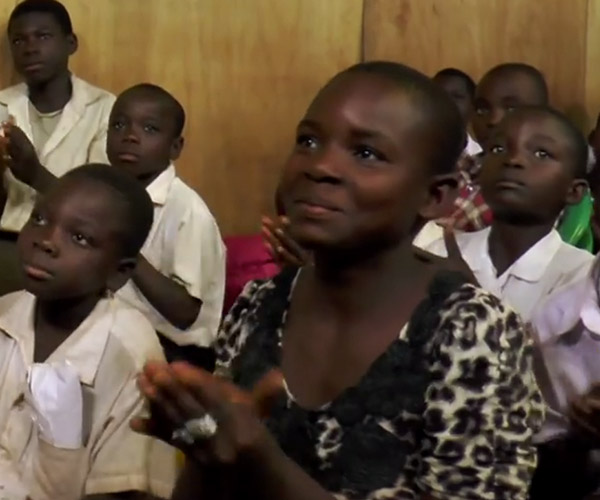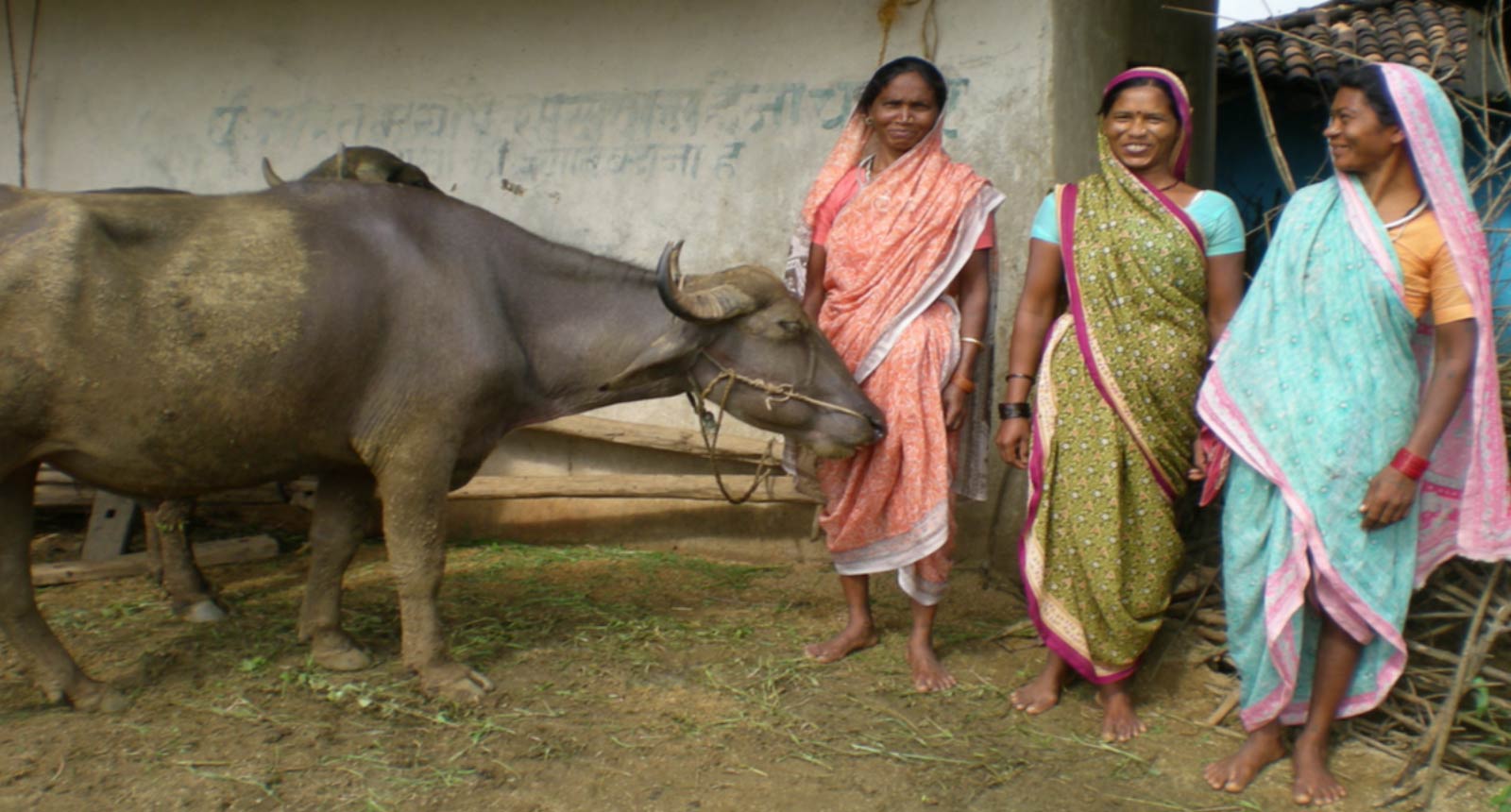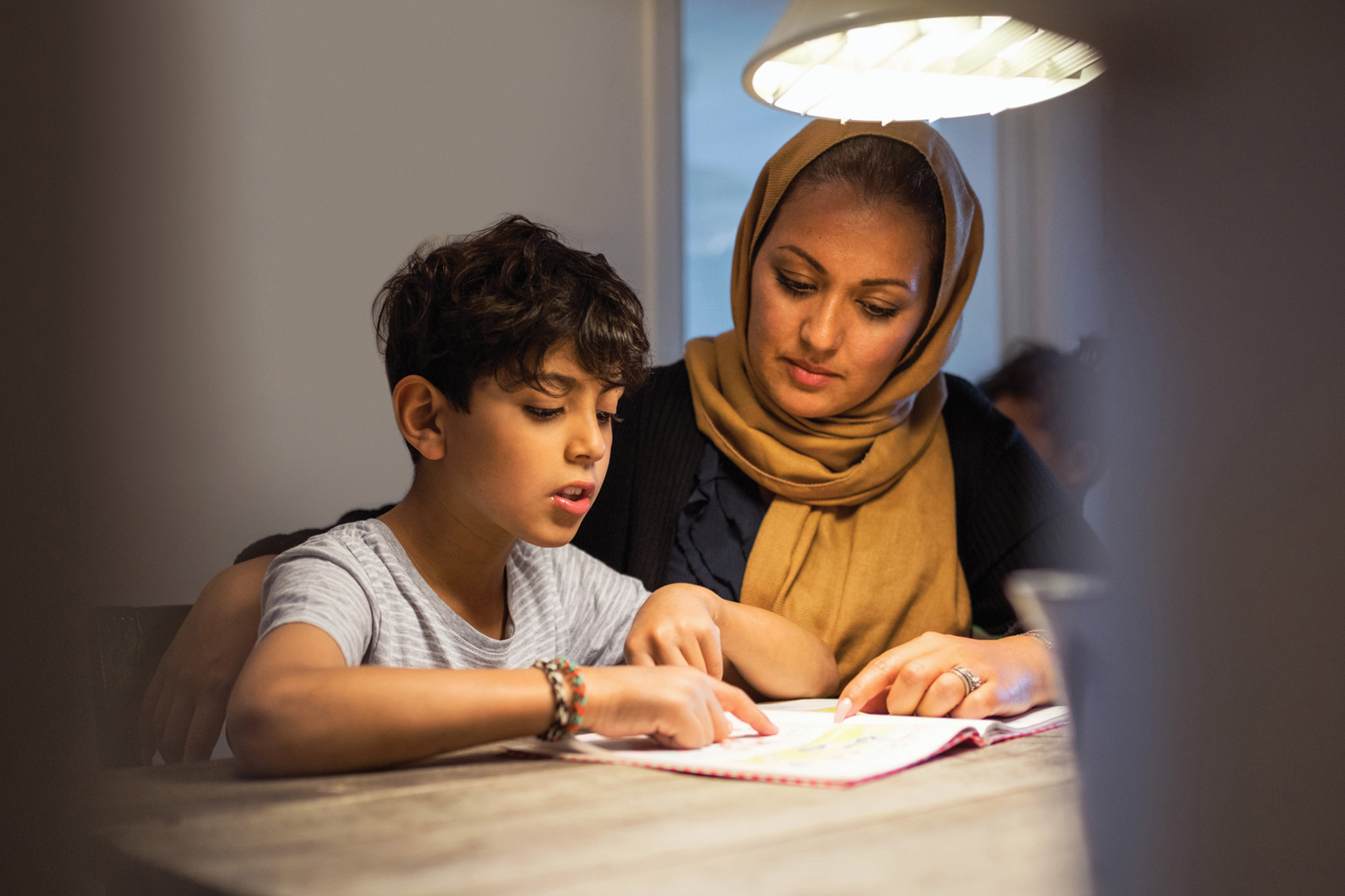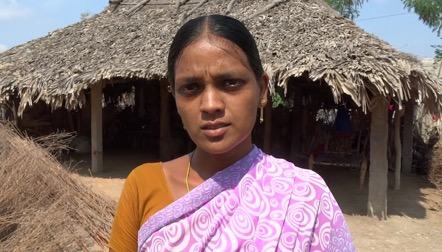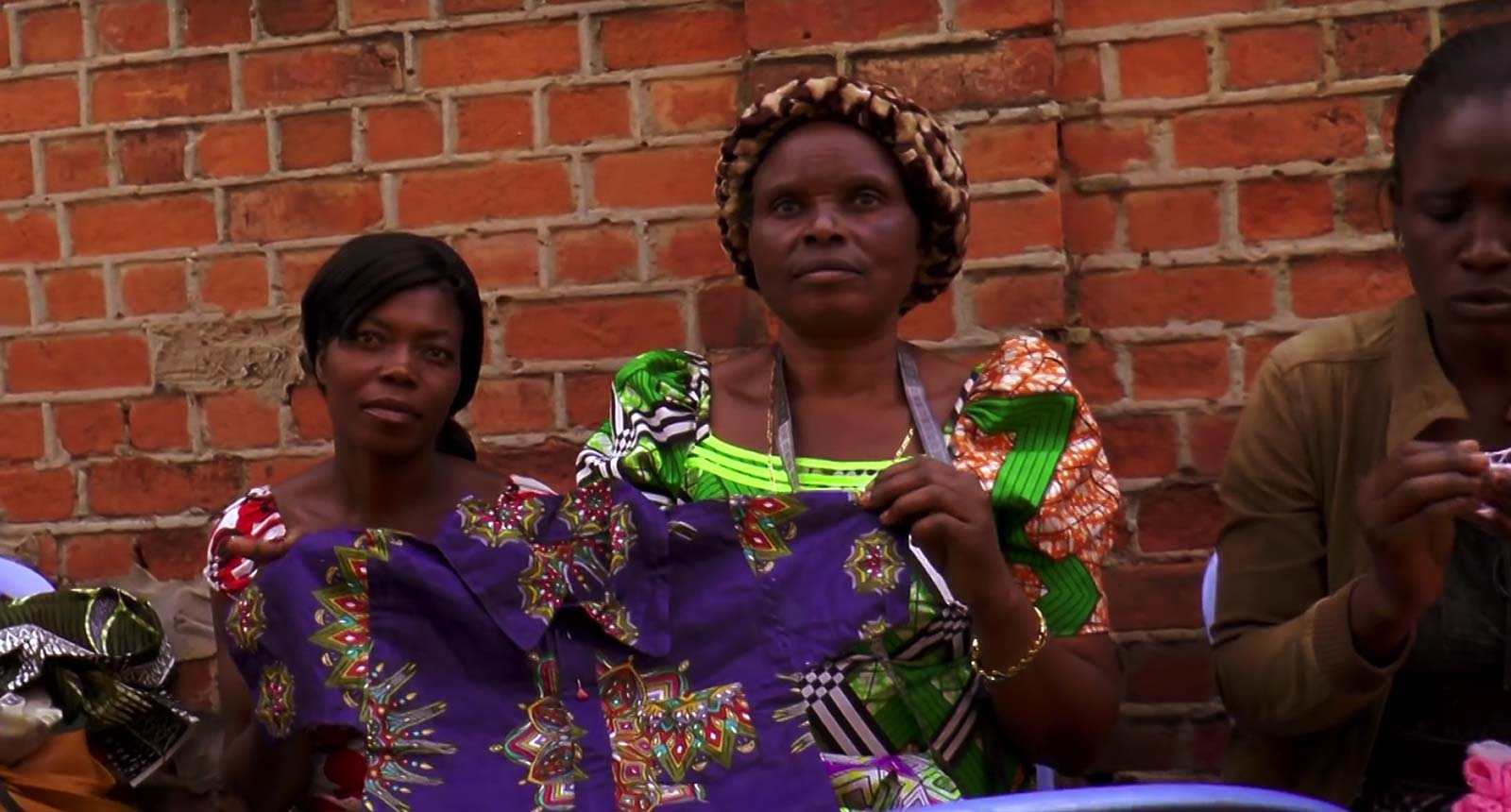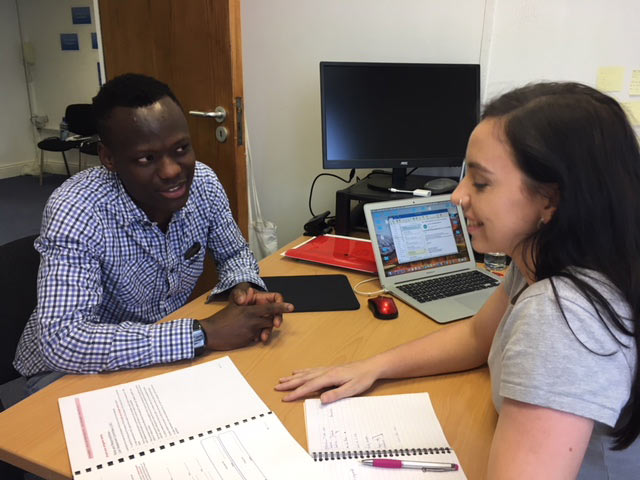On a farm outside Limerick, Maurice and a team of volunteers are teaching young people how to grow African vegetables for the local community. The No Interest Loan Scheme was instrumental in getting the project off the ground.
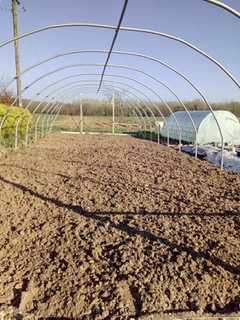 There is something very satisfying about eating food that you have grown yourself. That’s something the young people involved in a Limerick community group are discovering for themselves, thanks to a vegetable garden project that has been under way for the past year.
There is something very satisfying about eating food that you have grown yourself. That’s something the young people involved in a Limerick community group are discovering for themselves, thanks to a vegetable garden project that has been under way for the past year.
On a farm at Ballyneety, outside Limerick city, Maurice, 61, and a team of volunteers are working with young people to produce fresh vegetables, with a focus on native African vegetables that are not widely available to buy locally. The young people are involved in all aspects of the process, from planting the seeds to harvesting the produce and distributing it locally.
Maurice is a native of the Congo who has lived in Limerick for more than 20 years, and the project is run by a community group called SOS Congolese Youth. With the help of Doras Luimní they secured a plot of land for their project, and received some grant funding from Limerick and Clare Education and Training Board (LCETB). Maurice then applied to Good Shepherd Ireland’s No Interest Loan Scheme (NILS) in May 2018 for a loan to develop the garden.
“We got an LCETB grant to buy a polytunnel and pay the rent for the land, and then to buy supplies for the garden we borrowed from NILS,” explains Maurice.
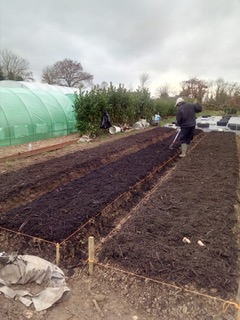 Maurice and the team are continually working to develop the scope of the project. Their future plans include the introduction of rabbits at the farm to generate manure, the addition of a second polytunnel, and purchasing a van to help distribute the produce. They are also looking into selling the vegetables at local markets.
Maurice and the team are continually working to develop the scope of the project. Their future plans include the introduction of rabbits at the farm to generate manure, the addition of a second polytunnel, and purchasing a van to help distribute the produce. They are also looking into selling the vegetables at local markets.





